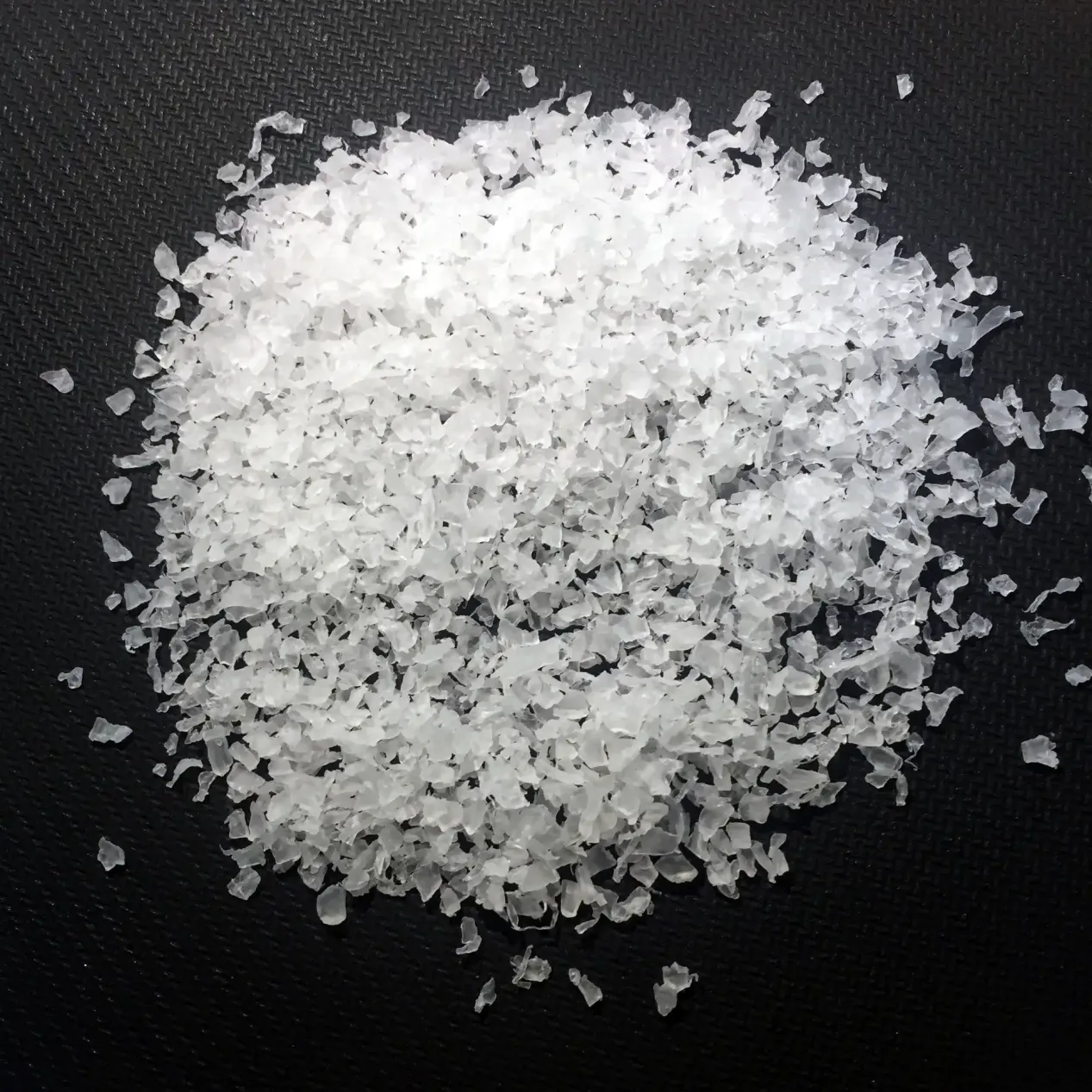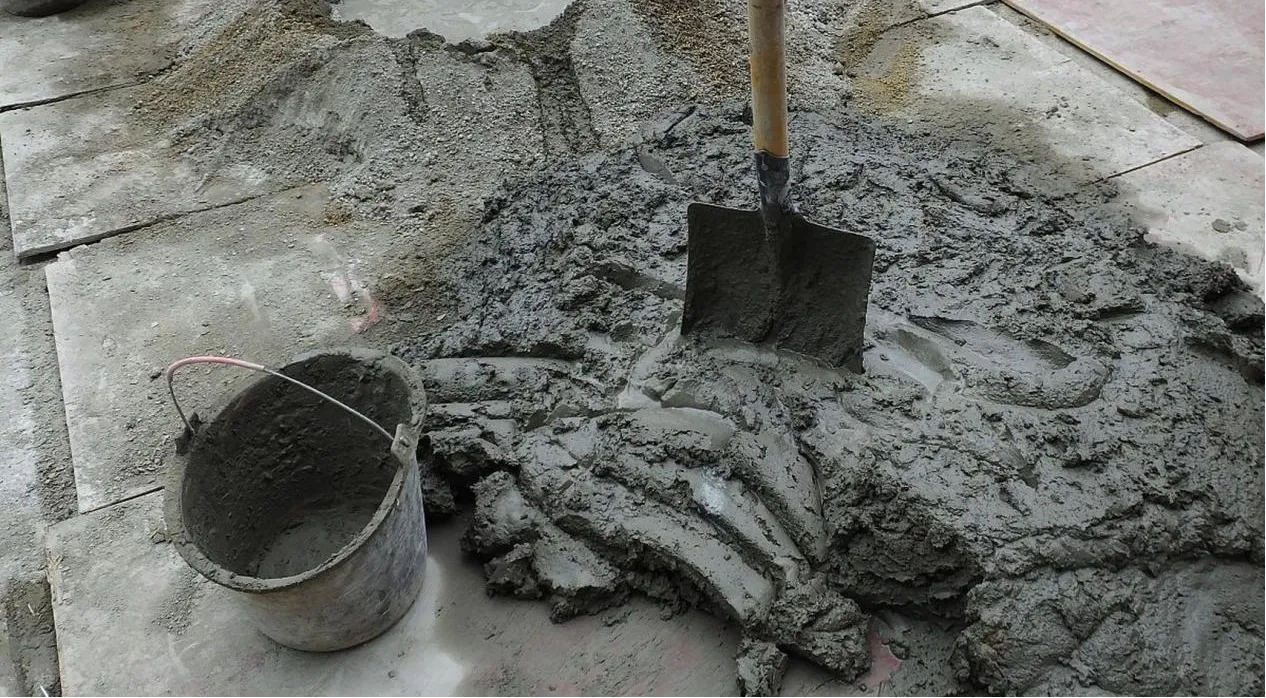
The Versatile World of Polyvinyl Alcohol and Polypropylene Fiber in Construction and Packaging
Polyvinyl alcohol, often abbreviated as PVA or polyviny alcohol, is a unique synthetic polymer widely used across various industries.
Understanding Polyvinyl Alcohol (PVA) and Its Applications
Known for its excellent film-forming, emulsifying, and adhesive properties, polyvinyl alcohol plastic plays a crucial role in modern manufacturing and construction. One of the popular forms, PVOH plastic, is renowned for its water solubility and biodegradability, making it an eco-friendlier option compared to traditional plastics.
If you're searching for polyvinyl alcohol for sale, you'll find it available in different grades and formulations tailored for specific applications. Among these, PVA plastic bags stand out due to their water-soluble nature, offering an environmentally responsible alternative to conventional plastic bags. These bags dissolve easily in water, reducing plastic waste accumulation.
In construction, polyvinyl alcohol fiber factories produce fine PVA fibers that improve the mechanical properties of concrete and mortar. When adding PVA to cement or adding PVA to mortar, the fibers act as micro-reinforcements, enhancing tensile strength, crack resistance, and durability. This makes PVA cement mixtures highly desirable in high-performance concrete applications.
A practical step in construction is the use of PVA on ceilings before plastering or painting. Applying PVA as a primer improves adhesion and prevents the plaster or paint from peeling, ensuring a smooth and long-lasting finish. The process of treating a PVA ceiling before painting has become a standard practice in many renovation projects.
Regarding cost, the PVA price varies based on the grade, purity, and quantity purchased, but it's generally affordable given its benefits.
A common question is: Is polyvinyl alcohol a microplastic? While PVA is synthetic, it is water-soluble and biodegradable under proper conditions, which means it doesn't accumulate as microplastic pollution like conventional plastics.

The Role of Polypropylene Fiber in Modern Concrete
Alongside polyvinyl alcohol fibers, polypropylene fiber (commonly called PP fiber) has become a staple in concrete reinforcement. These synthetic fibers are made from polypropylene and are incorporated into concrete to improve its structural integrity.
Polypropylene fibers for concrete help reduce cracking caused by shrinkage and temperature changes. They distribute stress evenly throughout the concrete, enhancing durability and extending the lifespan of structures. This use of PP fiber concrete is particularly common in industrial floors, pavements, and precast elements.
One advantage of polypropylene fibers is their chemical inertness, which means they do not react with cement or other construction materials. This compatibility makes them ideal for reinforcing concrete without compromising its chemical properties.
In practice, concrete producers often combine PVA fibers and PP fibers to optimize performance. While PVA fibers provide excellent bonding due to their hydrophilic nature, PP fibers contribute toughness and resistance to impact and abrasion.
Both polyvinyl alcohol and polypropylene fibers are revolutionizing the construction and packaging industries with their unique properties. Whether it’s PVA plastic bags that help reduce environmental impact, or adding PVA to mortar to enhance concrete performance, these materials offer innovative solutions to modern challenges. The integration of PP fiber concrete ensures longer-lasting and more resilient structures. As demand grows, sourcing quality materials from a trusted polyvinyl alcohol fiber factory and understanding PVA price trends will be key for manufacturers and builders alike. Moreover, considering environmental factors, PVA stands out for not being a persistent microplastic, offering an eco-conscious alternative in plastics and construction.

FAQ Section: Polyvinyl Alcohol and Polypropylene Fiber Insights
What is the difference between polyvinyl alcohol (PVA) and polyviny alcohol?
Polyvinyl alcohol and polyviny alcohol refer to the same chemical polymer. "Polyviny alcohol" is a common misspelling.
How does adding PVA to cement or mortar improve concrete?
Adding PVA fibers to cement or mortar increases tensile strength, reduces cracking, and improves durability by reinforcing the material at a micro-level.
Are PVA plastic bags environmentally friendly?
Yes, PVA plastic bags are water-soluble and biodegradable, reducing plastic waste compared to traditional plastic bags.
Is polyvinyl alcohol considered a microplastic pollutant?
No, unlike many synthetic plastics, PVA dissolves in water and biodegrades under certain conditions, so it is not classified as a persistent microplastic.
What is the role of polypropylene fibers in concrete?
Polypropylene fibers enhance concrete toughness, reduce shrinkage cracking, and improve impact and abrasion resistance.
-
Understanding Water Reducing Admixtures: Types, Applications, and the Role of Polycarboxylate Ethers (PCE)NewsAug.25,2025
-
Innovative Solutions in Concrete Technology: Wholesale Powder Water Reducing Admixture CP1000 and Polycarboxylate ApplicationsNewsAug.25,2025
-
How to Use Polyvinyl Alcohol: Applications, Safety, and Industry InsightsNewsAug.25,2025
-
Comprehensive Guide to Bulk PVA Bags and Polyvinyl Alcohol Applications: Safety, Solubility, and Industry InsightsNewsAug.25,2025
-
Advanced Concrete Solutions: PCE Factory Products and the Future of Water Reducing AdmixturesNewsAug.25,2025





















